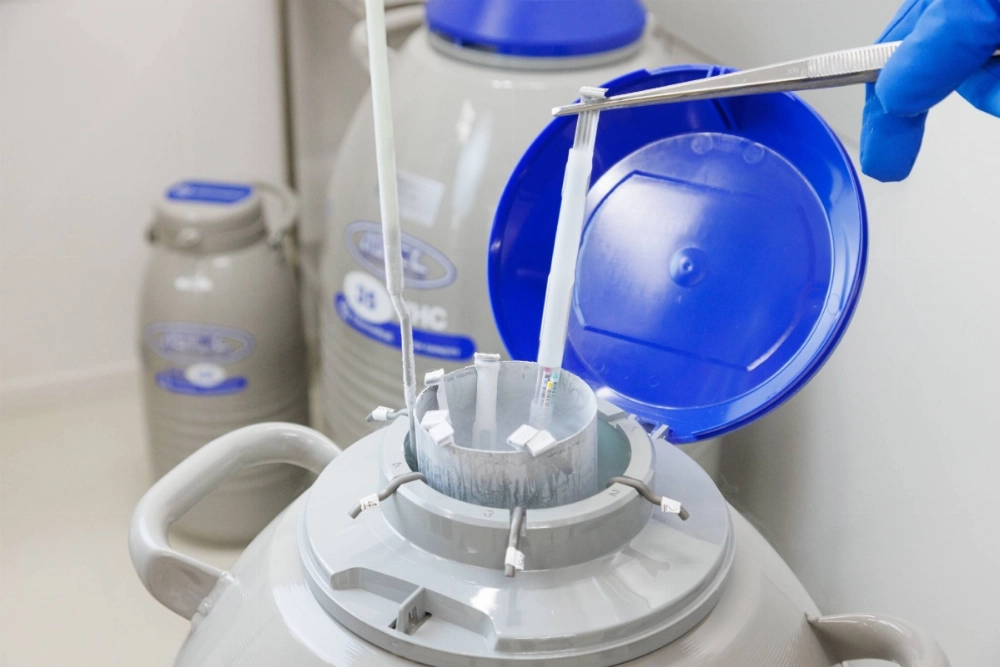More women in Japan are turning to egg freezing as they delay plans to have children.
The technology, which involves freezing eggs at a younger age to preserve their quality for future use, is increasingly supported by companies and local governments through financial assistance programs.
However, while the practice is emerging as a new option for women, experts are urging individuals to carefully weigh its benefits and drawbacks.


















With your current subscription plan you can comment on stories. However, before writing your first comment, please create a display name in the Profile section of your subscriber account page.